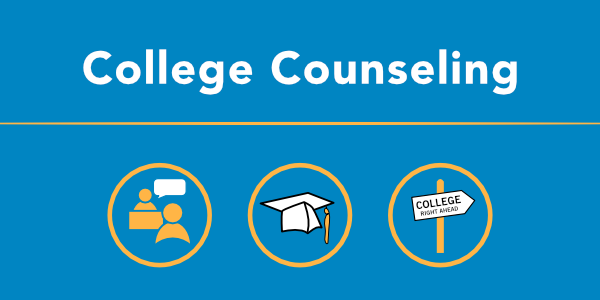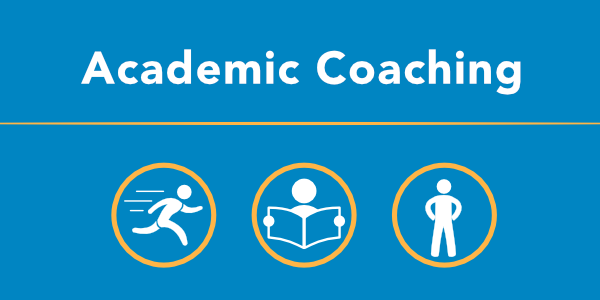 by Eric Lynne – Assistant Director
by Eric Lynne – Assistant Director
It’s no secret, and it’s no surprise: academically, many students fall backwards in the summer months. Without the daily math practice, required reading, and other school work, students—to no real fault of their own—forget a lot of what they’ve learned in the previous school year.
Though school might be out, Galin Education remains open and busy in the summer. We help families combat this summer slide in a number of ways. We offer one-on-one academic tutoring, test prep, coaching, and college counseling.
But perhaps you’re looking for more ways outside of Galin Education to make sure your student doesn’t suffer too much brain drain this summer. Below are some great ways to help your students stay on top of their game in each core academic subject.
English & Language Arts
- Join or Start a Book Club: Reading outside is a great way to enjoy your summer, but to really continue building language arts skills you also want to practice articulating your ideas. Book clubs allow you to delve into themes, increase your comprehension, and enter into academic discourse—with friends! Need a book idea? UW-Madison announced earlier this year that its Go Big Read book will be Deborah Blum’s The Poison Squad. Reading it this summer will allow you to enter into a wider community discussion.
- Write Something Productive: If you are a rising senior, the summer is the perfect time to write your college application essays. Not only will you get this time-intensive part of the application process done before school starts, but you’ll also keep your writing skills sharp. At Galin, we offer College Application Boot Camps throughout the summer to help rising seniors get started on that task. For students not applying to college next fall, it might be easier to practice writing if there is a financial award involved. There are many scholarships available to students of all ages, many of which require essays. To find scholarship opportunities nationwide, check out College Board’s Scholarship Search. For more local scholarships, check out the Madison Metropolitan School District’s list of scholarships.
Math
- Do Some Standardized Test Practice: Many of the SAT and ACT math questions test foundational math skills in algebra, geometry, and probability. The variety will keep you on your toes!
- Practice on Khan Academy: This absolutely free and absolutely awesome online program is aligned with the Common Core and provides video tutorials, practice problems, and step-by-step solutions. This is a great way to practice last year’s math or get yourself ready for next year’s course.
Social Studies
- Watch Documentaries: I know, I know — it’s hard to watch documentaries in a summer full of blockbusters. But there are so many good, readily available documentaries to choose from these days, especially if you are interested in history. You’d be hard-pressed to find a better way to prime yourself for a US history course this upcoming fall than simply watching Ken Burns’ epic docuseries on The Civil War, World War II and The Vietnam War (both available on Netflix now).
- Listen to Podcasts: For those who want something to listen to while mowing the lawn or while going for a walk, NPR’s new podcast Throughline promises to take you “back in time to understand the present” and Dan Carlin’s Hardcore History explores world-shifting histories in depth. For those interested in psychology, there’s no better podcast than NPR’s Hidden Brain.
- Visit a Museum: Madison has a number of great museums, including gems like the Chazen Museum, the Wisconsin Veterans Museum, and the Geology Museum—all free admission! Especially on a rainy day, hanging out with friends at one of these museums can be as fun as it is educational.
Language Studies
- Get a Foreign Language App: A new foreign language app seems to come out every year, with Duolingo and Babbel leading the way. Just practicing 10-15 minutes a day would be a great way to keep your ear tuned into the foreign language you study at school.
- Watch Foreign Language Films: Broaden your cinematic landscape! Watch some great foreign language films with or—if you’re up for the challenge—without subtitles.
Science
- Explore Outside: Can you tell the difference between a black locust tree and a honey locust tree? Can you distinguish edible mushrooms from other poisonous fungi? Pick up an identification booklet and test yourself on the trail! If you are interested in helping the Wisconsin Department of Natural Resources, you can volunteer to do some citizen-based monitoring of your environment.
- Listen to Podcasts: There are many great science podcasts, but my two favorites are RadioLab and StarTalk with Neil deGrasse Tyson. Both of these podcasts pride themselves on sharing interesting science discoveries in a digestible way.



